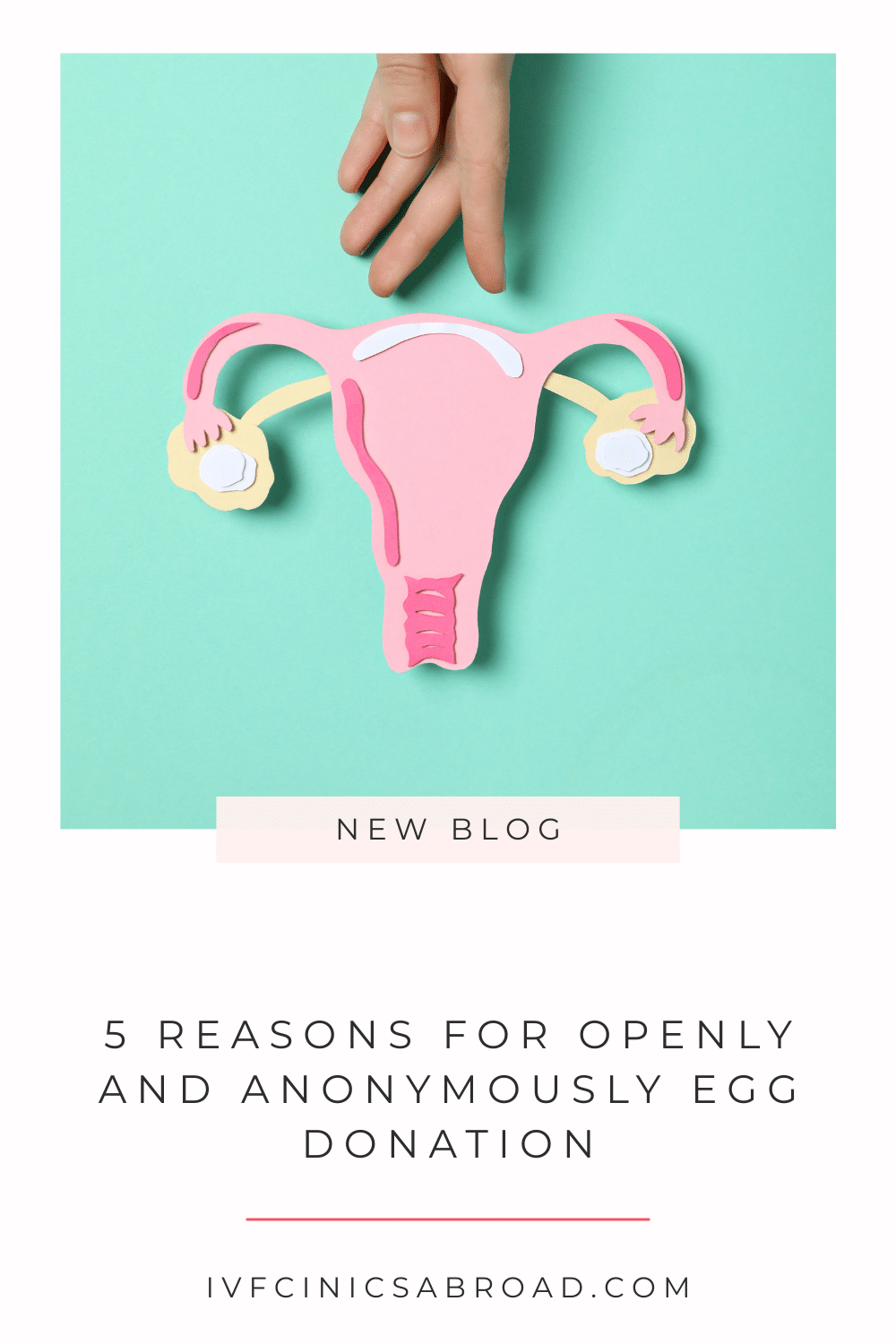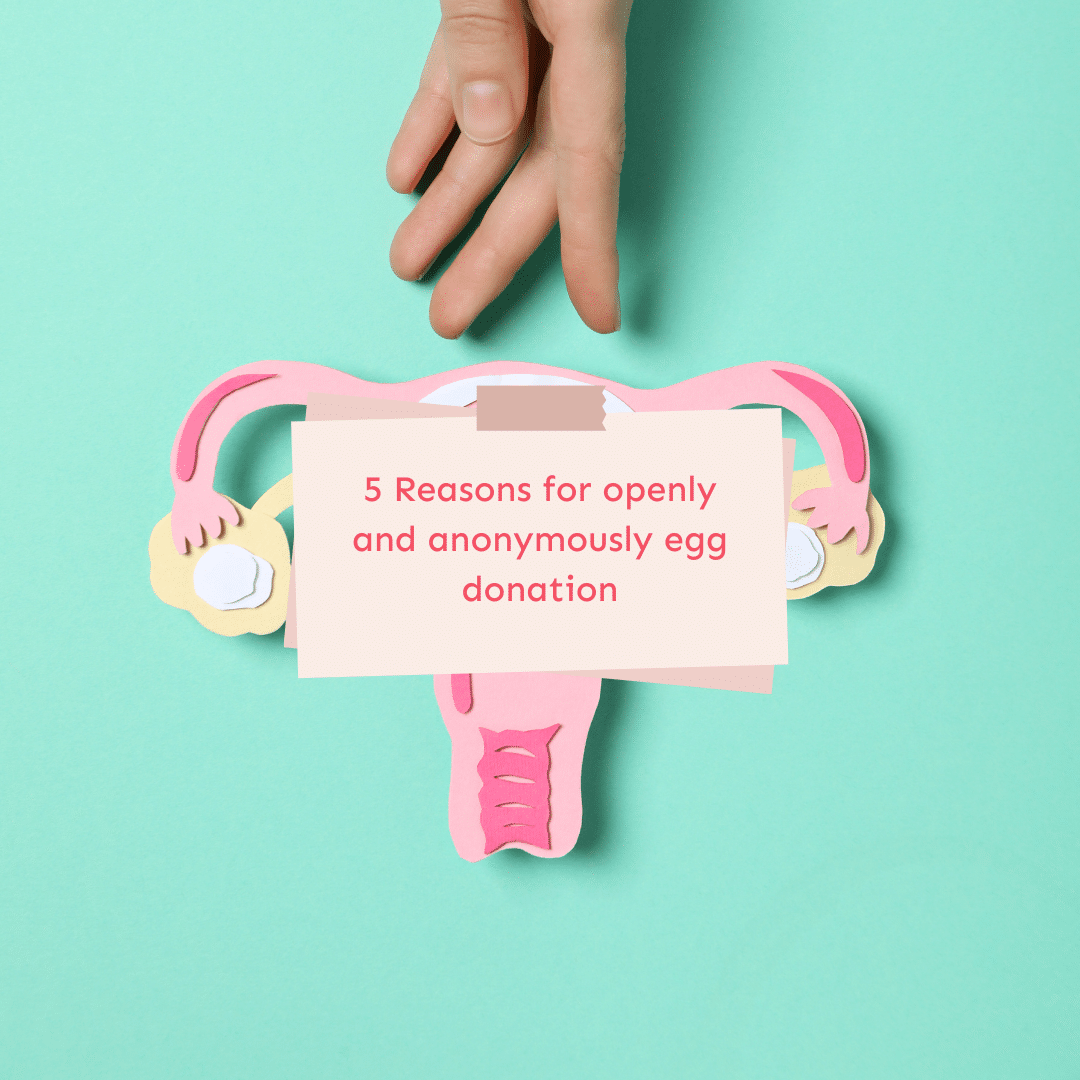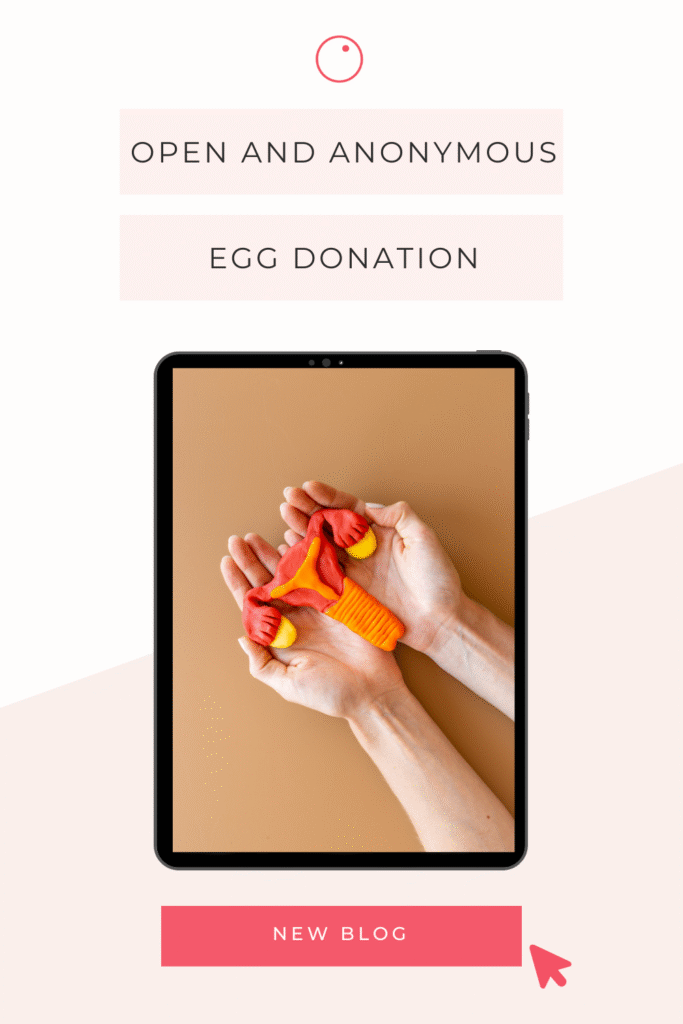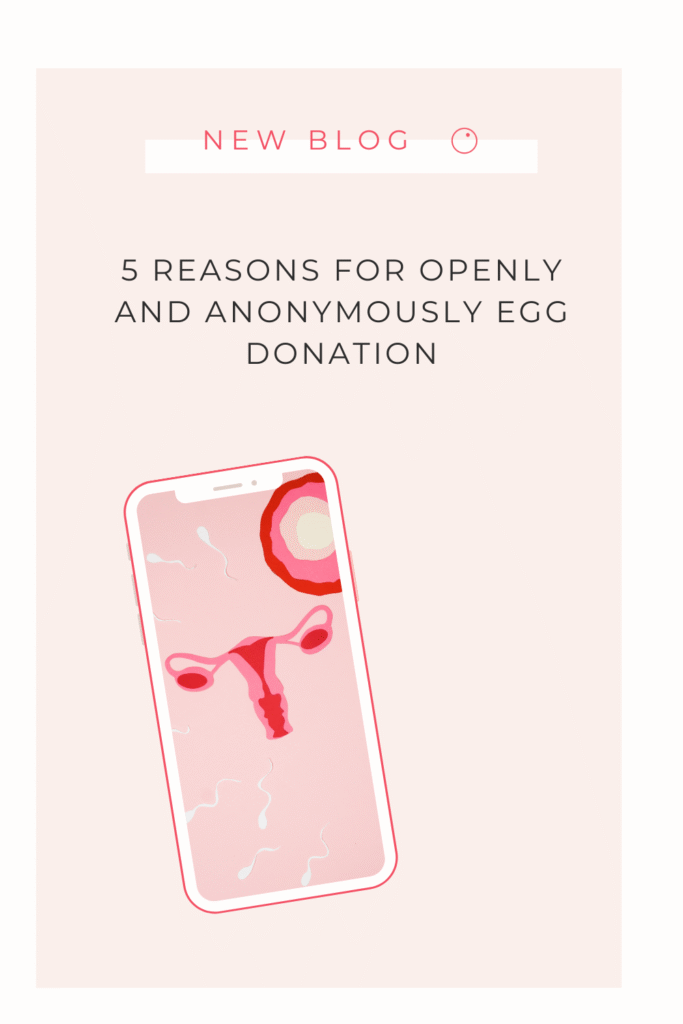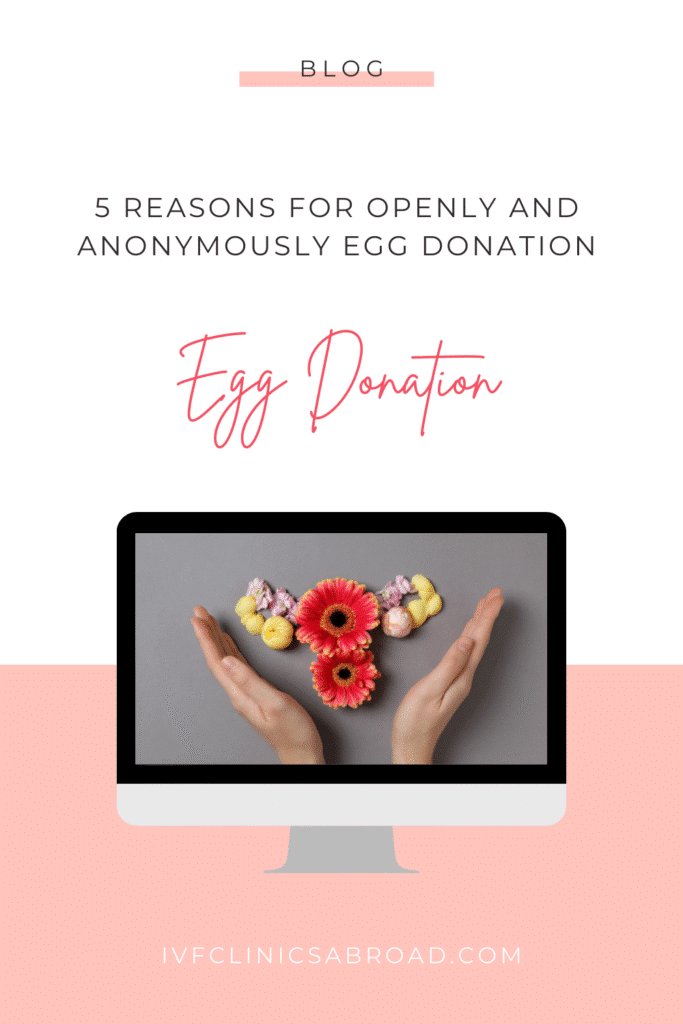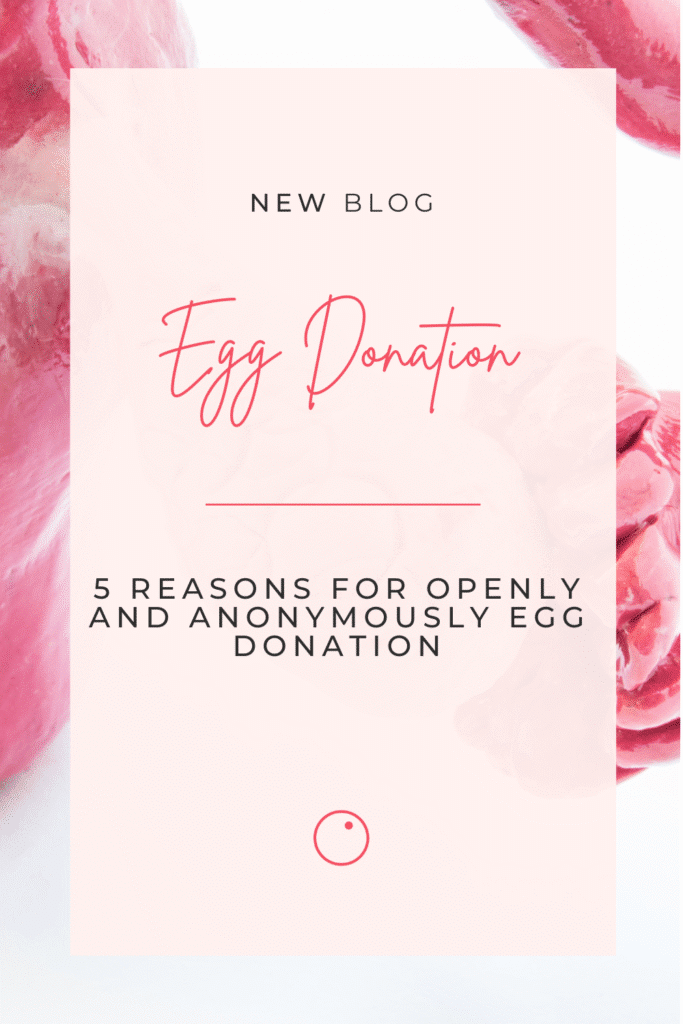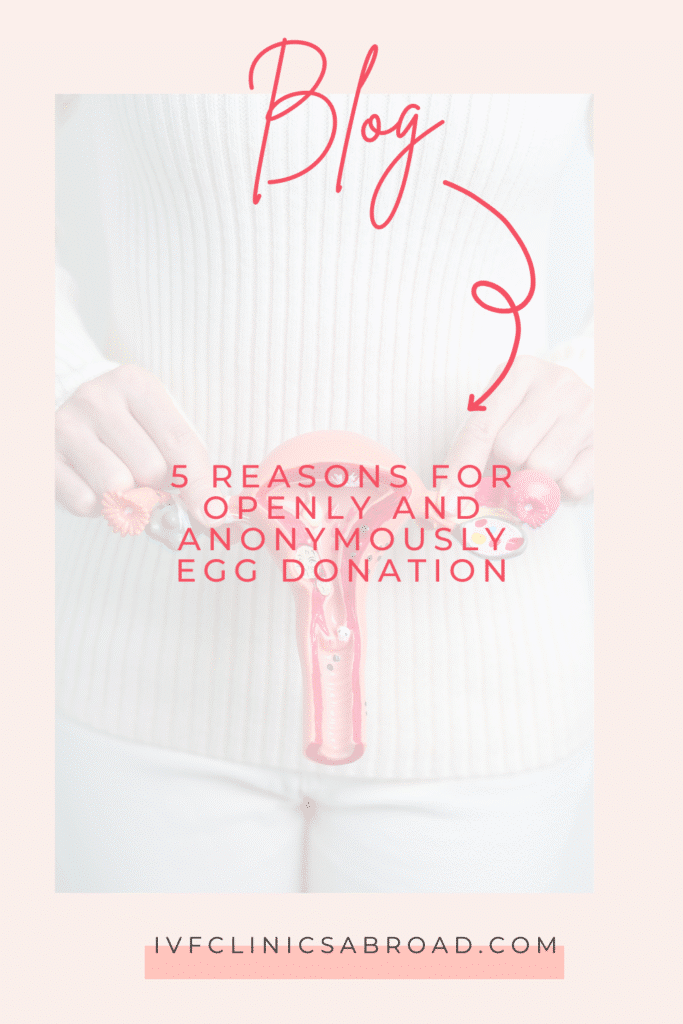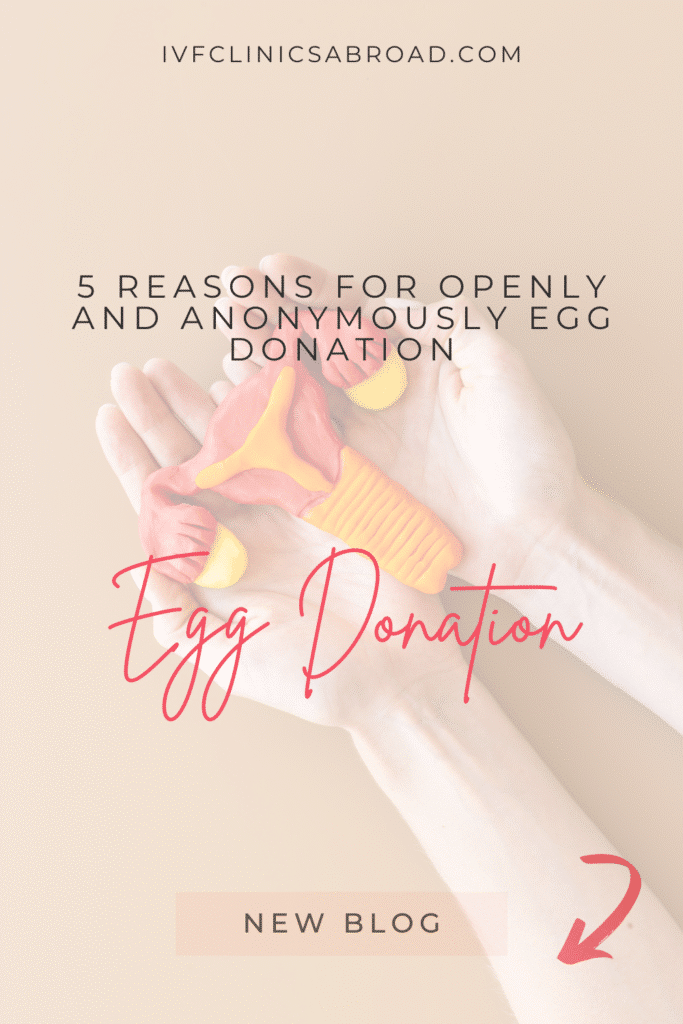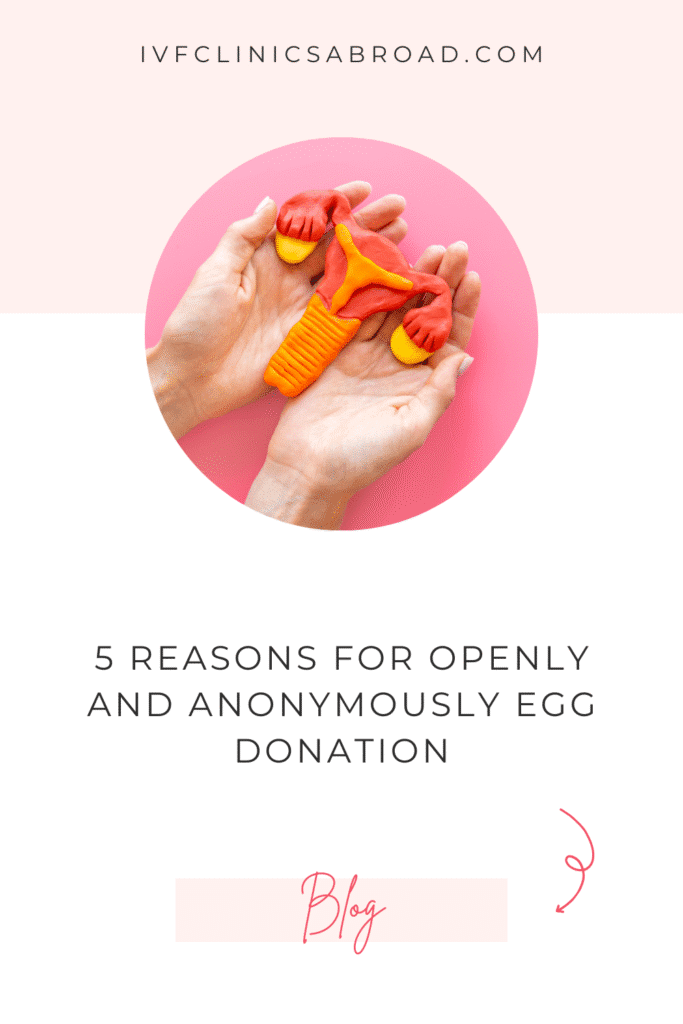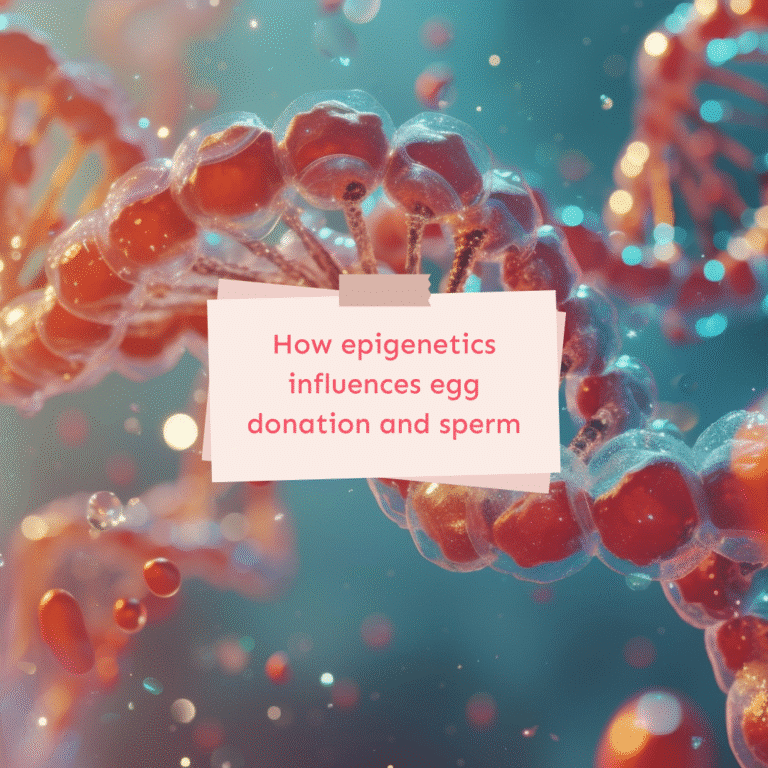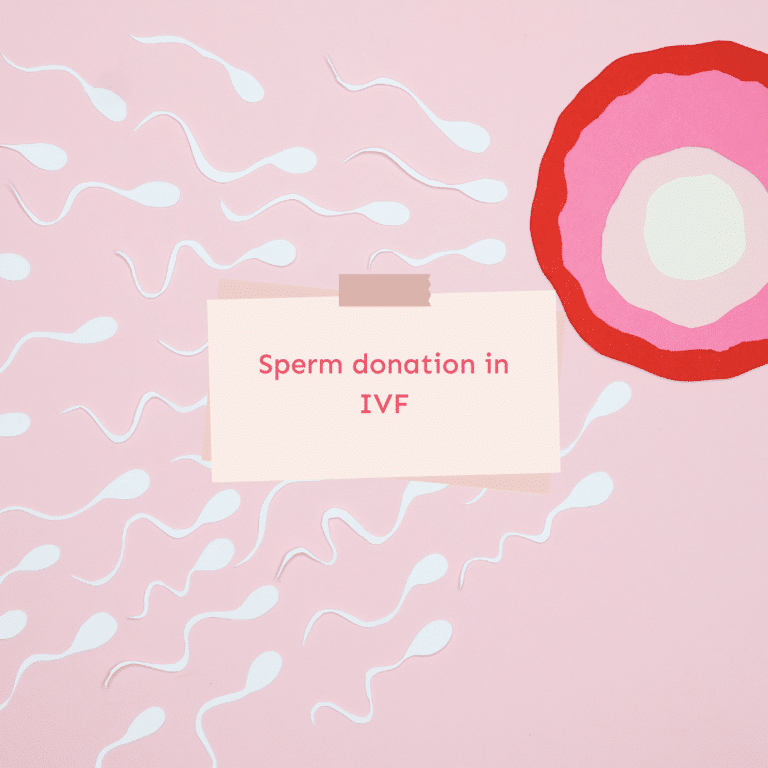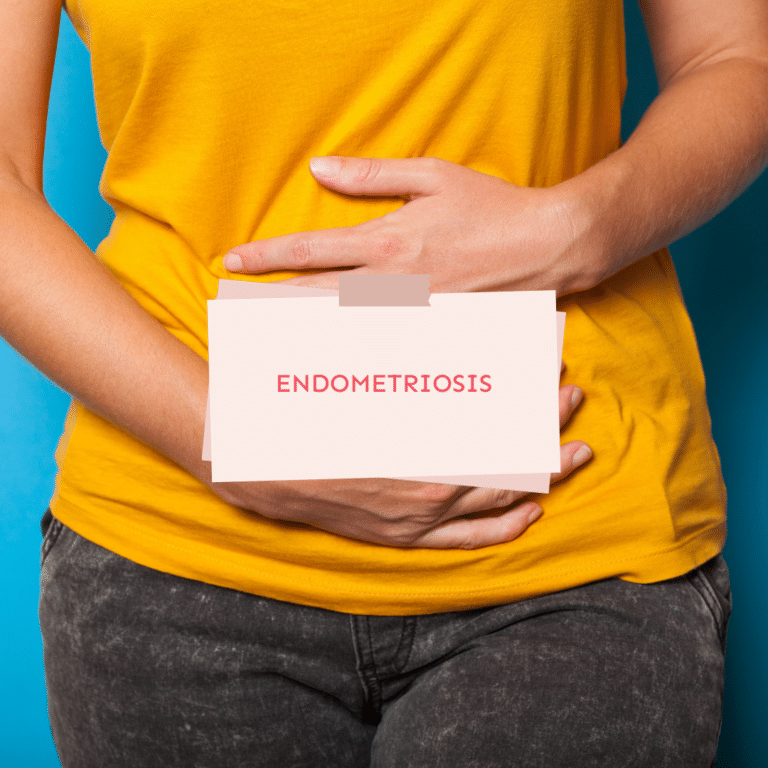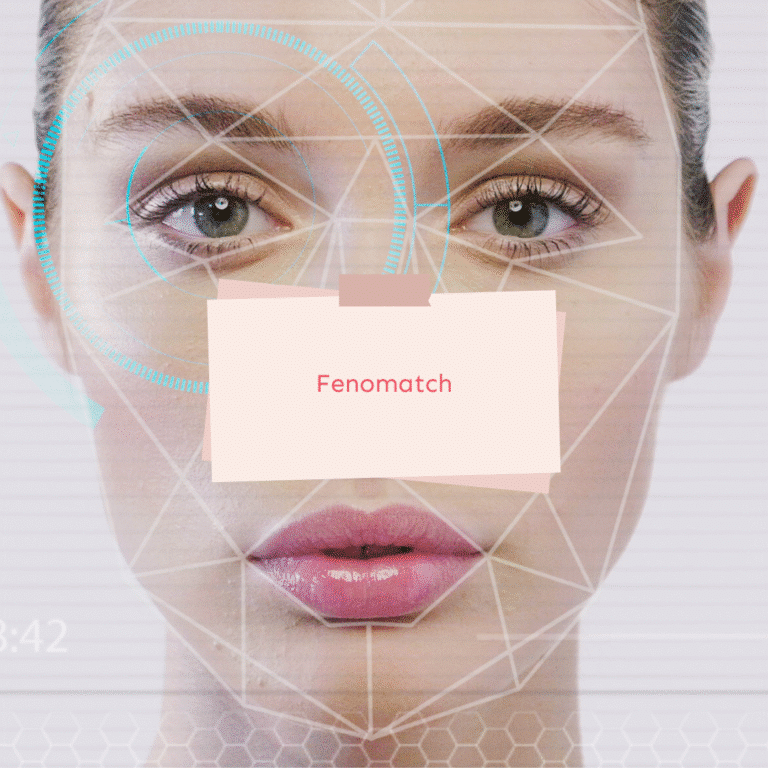5 Reasons for openly and anonymously egg donation
For many women, becoming a mother is one of life’s deepest wishes – but not everyone can conceive with their own eggs. Infertility, age or medical history can make pregnancy difficult, and this is where egg donation offers new possibilities. With the help of an egg donor, individuals and couples who might otherwise remain childless can start their path to parenthood.
Whenever egg donation is discussed, one question quickly comes up: should it be open, or should it remain anonymous? Both forms of donation exist, and the choice has long-term effects not only for the intended parents but also for the donor conceived child. Some families value openness and transparency, while others prefer the protection of anonymity. In this article, we will explore five reasons for open donation and five reasons for anonymous donation – giving you a clearer picture of how each path can shape your fertility journey.
Understanding egg donation
Egg donation is often described as the gift of life. In simple words, it means that one woman donates her eggs so that another woman, who cannot conceive with her own, has the chance to become pregnant. For many intended parents, this step is not only medical but also deeply emotional, because it represents the path to parenthood when other options have failed.
The role of an egg donor in fertility treatment
An egg donor is usually a healthy young woman who agrees to go through a donation cycle in a fertility clinic. Doctors stimulate her ovaries with medication, several mature eggs are collected, and these gametes are then available for IVF. From the donor’s perspective, the procedure can feel demanding, but many describe becoming a donor as meaningful because they are helping a family that would otherwise be unable to conceive.
How donor eggs are used in IVF to help women conceive
Once donor eggs are retrieved, they are fertilised in the laboratory with sperm from a partner or a sperm donor. During IVF cycles, embryos are grown in an incubator before the healthiest one is transferred into the uterus of the recipient. If implantation is successful, the woman conceives and carries the pregnancy. Using donor eggs allows many women to experience pregnancy and birth, even when infertility has made it impossible with their own eggs. Some embryos can also be frozen for a future child, making egg donation an important part of many fertility journeys.
Open and anonymous egg donation
Open and anonymous egg donation sound like two sides of the same coin – yet in reality they represent very different ways of shaping the relationship between donor, recipient and future child. The choice is usually set by the country where treatment takes place, but it is also a decision that affects how a family story can later be told.
What open donation means for the recipient and the donor conceived child
Open donation allows intended parents and donors to share identities and sometimes to stay in touch. This openness can feel reassuring, especially when a child grows up and begins to ask questions about their genetic origins. Here are five reasons why families choose open donation:
1. Opportunity for contact – While not every family wants regular contact, having the option of potential contact down the road can feel valuable. It gives the future child the choice to connect with their genetic donor if they wish.
2. Transparency for the child – A donor conceived child can access clear information about their genetic donor, including medical history and personal background. This makes it easier to tell your child about their conception without secrecy.
3. Medical safety – Openness ensures that important health information can be updated. If new genetic testing reveals risks later, families and clinics can share this knowledge.
4. Identity in the future – Many donor conceived people want to connect with their genetic origins. Open donation makes this possible without having to rely on DNA testing platforms like 23andme.com or ancestry.com.
5. Stronger sense of trust – Recipients often feel more confident when they know who is helping them. This trust can reduce anxiety during the donation cycle and make the path to parenthood feel more secure.
The challenges of donor anonymity in anonymous egg donation
Anonymous donation hides the identity of the donor, with all communication handled by the fertility clinic or donor agencies. For many intended parents and donors, anonymity feels protective. Here are five reasons why anonymous donation remains common:
1. Country regulations – In countries like Spain, all donation is anonymous by law. In such settings, using an anonymous donor is not only the most common path but often the only possible option.
2. Emotional protection – An anonymous donor does not face future contact, and recipients feel less pressure about how to handle donor relationships.
3. Legal clarity – Donor anonymity reduces the risk of legal disputes about parental rights or responsibilities, offering peace of mind to both donors and recipients.
4. Wider donor pool – Because open donors are harder to find and more expensive, anonymous egg donation increases availability and lowers costs. Many individuals and couples who are struggling with infertility would otherwise not have access.
5. Focus on family life – Some intended parents prefer to raise their child without outside involvement. Anonymous arrangements create a clear boundary, allowing families to concentrate fully on their own conception and parenthood.
“Choosing between an open or anonymous egg donation is not about right or wrong – it is about finding the path that feels true to your family story.”
Nathalie Wiederkehr
Choosing between known donor and anonymous donor
When families decide to use donor eggs, another question often appears: is it better to work with a known donor or to remain in an anonymous arrangement? Both donor arrangements have unique implications for donors and recipients, and the decision to use donor eggs in this way can shape family relationships for years.
Why some couples prefer a known donor for conception
A known donor might be a friend, a relative, or even someone connected through a trusted circle. This type of known donation creates familiarity – intended parents already know aspects of the donor’s character, lifestyle, and family background. Looking at donor profiles on paper can never show what it is like to have a personal bond with the donor, but a known donor relationship makes this bond clear from the start.
For some families, this openness also means that the child will always have access to information about their origins without relying on third parties. If the donor is a relative, children conceived in this way can even keep a genetic link within the family. In such cases, the path to parenthood feels more connected and less dependent on external agencies.
Of course, working with a known donor can also involve formal steps. Clinics often require medical screening, counselling, and legal agreements to make sure all parties understand their roles. Yet for many couples, the effort is worth it – they see known donor arrangements as a way to create trust and stability right from the beginning.
How anonymity can protect both the donor and the recipient
By contrast, anonymity has its own clear logic. Some donors prefer to remain anonymous because they do not want ongoing responsibilities or potential contact. For them, remaining anonymous offers emotional distance, making it easier to donate without feeling tied to future outcomes.
Recipients may also prefer this distance. Anonymous donor arrangements simplify expectations and reduce the risk of disagreements about parenting decisions later. Instead of navigating complex known donor relationships, both sides agree that the donor’s role ends with the donation cycle.
Clinics and donor agencies often stress that anonymity ensures fairness: intended parents and donors both know that the boundaries are clear. While advances like DNA testing can blur these boundaries later, many families still feel that the safest way forward is to use an anonymous donor and focus on building their own family story.
The emotional side of donor conception
Donor conception is not only about medical procedures or statistics. It is also about emotions, identity and the stories families pass on to their children. Choosing between known or anonymous donation influences how you will one day explain your fertility journey, what kind of information is available for your child, and how secure you feel in the decision to use donor eggs.
What it means for a donor conceived person to know their origins
For a donor conceived person, knowing something about their origins often becomes important at some stage in life. This is not about rejecting their parents – it is about natural curiosity, identity in the future and the wish to connect with their genetic roots. In the past, families believed that anonymity could protect everyone. But with the rise of DNA testing services such as 23andme and ancestry.com, truly anonymous donation is difficult to guarantee. Donor conceived people are increasingly able to connect with their genetic relatives, sometimes even when intended parents and donors had chosen otherwise.
This makes it all the more important for parents to decide early how they want to tell their child about their story. Research shows that children who learn about their conception from an early age integrate it naturally into their identity. Telling your child openly helps them avoid the shock of discovering it later in life. It also shows respect for donor conceived children as individuals with their own right to access information.
Medical aspects also play a role. A donor’s medical history can be vital for the child’s health, and sometimes new information appears years after the donation cycle. This is why some clinics encourage semi-open donation, where basic donor profiles are shared, including hobbies and interests, family background and health data. From the donor’s perspective, this can feel like an act of responsibility: they are not only helping a family but also making sure that children conceived with their eggs have the chance to grow up with the knowledge they might one day need.
Epigenetics is another part of the story that brings comfort to many recipients. Even when a woman uses donor eggs, her body still shapes the development of the future child. Genes are not fixed instructions; they respond to signals from the mother during pregnancy. This means that the recipient influences her baby’s growth and health, even if she used an egg donor. For many women, understanding epigenetics makes the decision to use donor eggs easier, because it shows that motherhood is more than biology.
Finding the right egg donor for your own fertility journey
One of the most practical but also emotional challenges is finding the right egg donor. Availability differs from country to country. In Spain, for example, all donation must be anonymous by law. In Denmark, families can choose between anonymous or open donor arrangements. In Northern Cyprus, open donors may even travel in from abroad, creating more choice. Each legal system shapes the donor pool differently – and this directly affects intended parents and donors alike.
The cost also reflects availability. Open donors are harder to find and usually more expensive, while anonymous donation is more common and therefore more affordable. In some countries, previous donors are carefully registered to avoid repeated donations across borders, but not all countries have such systems in place. These registries are designed to protect donors and recipients, making sure that becoming a donor does not turn into a way of earning money by moving from clinic to clinic.
Another factor is the age of donors. In countries where potential donors are recruited from university hospitals, many are young women with no children yet. This often results in higher success rates for IVF cycles. By contrast, in countries that only allow women who have completed their family planning to donate, the donors are often older, and success rates may be lower. These differences can be decisive for recipients trying to conceive with their own eggs versus donor eggs.
Selection methods also vary widely. Some clinics let a committee of doctors review donor profiles and make the match for recipients. Others use advanced technology such as FenoMatch, which analyses facial features to find a donor who resembles the intended parent. While some families prefer having more control, others trust the clinic to make the choice. Whether open or anonymous, every type of donation cycle reflects the values of the system where it takes place.
For recipients, the process is rarely only about physical resemblance. It is about making a decision to use donor eggs that feels right for their family story. Some want to remain anonymous and create a clear boundary, while others hope for an open donor who might allow potential contact in the future. Each path has benefits and drawbacks, and what matters most is that donors and recipients understand the implications.
Ultimately, donor conception is about helping individuals and couples who are struggling with infertility to achieve their dream of parenthood. Whether through open egg donation, known donation, or anonymous donation, the most important thing is to feel comfortable with the choice and to be ready to explain it to the child down the road.
Your next step on the path to parenthood
Deciding between open and anonymous egg donation is not always simple. Laws differ from country to country, clinics vary in how much information is shared, and cultural attitudes also play a role. There is no single right answer – only the decision that feels right for you and your future child.
If you want to know more about where open or anonymous donation is legally possible, our IVF Destination Guide can help. It lists countries where different treatments are available, and includes an example from Northern Cyprus with average prices and success rates. And if you would like more personalised support, we are here to guide you through the options so that you can feel confident, informed and supported on your fertility journey.
